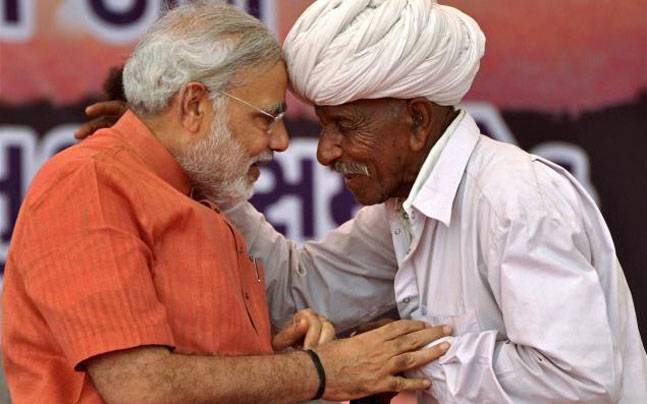The problem of India’s intellectual class is that it trusts ‘theoretical research’ more than ’empirical research’. The opinion-making (journalists, writers, and academic) class of the country has been inclined to a particular ideology (read socialism) for long. This intellectual class has parroted and perpetuated biased thoughts ad nauseam and it binds debate and discussion to a particular set of ideas without testing them on empirical evidence. The socialists and communists who dominated Indian universities and media since the 1970s didn’t give space to the ‘other side’ of the narrative. These pseudo-intellectuals were more committed to their ‘ideological cause’ than evidence-based research to shape public policy.
The new breed of researchers, educated in a post-liberalization era no longer carry the same ideological burden. This new set of ‘policy analysts’ has busted many myths and propaganda of left-liberal cabal. One such researcher in Shamika Ravi, member of PM’s economic advisory council and senior fellow at the Brookings Institution is one of this ‘new breed’ of researchers who are constantly debunking the socialist and communist propaganda. In a research paper published in June 2015 titled ‘A Reality Check on Suicides in India’, Ravi busted the popular perception in media that farmer’s suicide is rising. The ideologically polarized mainstream media has tried to create a perception that farmer distress has increased manifolds since the Modi government came to power and the suicide rate among farmers has increased because they are facing heavy debts.
However, as per findings of the research suicide rate among farmers has moved southwards under Modi government. The National Crime Records Bureau data suggests that the death by suicide has been lowest in the country in the last 16 years. Another interesting finding was that ‘suicide mortality’ is higher in rich states like Maharashtra and Andhra Pradesh is higher in comparison to poorer ones like UP and Bihar. The farmers in states like UP and Bihar are more vulnerable to moneylenders in comparison to Maharashtra where access to institutional credit is relatively better. This means that the farmers who take loans from banks are more prone to suicides in comparison to those who owe to moneylenders. In Maharashtra, institutional loans account for more than 87 percent of debt and still, the suicide rate is higher in comparison UP and Bihar.
The movies like ‘Mother India’ vilified moneylenders and popular opinion turned against them while research suggests contrary. The popular perception that poor farmers are more prone to suicide also proved wrong. As per data from National Sample Survey Office (NSSO), almost 90 percent of the farmers in Maharashtra who committed suicide owned more than two acres and six out of 10 owned four acres of land.
The perception of rural distress in mainstream media is also contrary to research findings. The rural consumption accounts for 45 percent of fast moving consumer goods (FMCG) despite the disparity in disposable income. This means that infrastructure spending by the government and welfare schemes are generating higher demand. The rural consumption rate under Modi government has grown with a healthy rate of above 9 percent.
As per the findings of NCRB data, ‘family problems’ and ‘illness’ is a major reason behind the suicide. Hence welfare scheme of the Modi government like Ayushman Bharat, direct benefit transfer (DBT), and Ujjawla schemes will prove more beneficial to rural parts of the country than farm loan waivers.
The ideologically aligned journalists and researchers have proved to be a problem in ‘policy-making’ rather than a solution. The ‘informed debate’ which requires ‘empirical research’ and ideologically neutral approach has not been encouraged by the elite opinion-making (journalists, writers, and academic) class of the country. The new breed of researchers has destabilized the positions of old elites of the country and therefore they talk about growing intolerance. These people do not fear intolerance, all they fear is losing their relevance.
